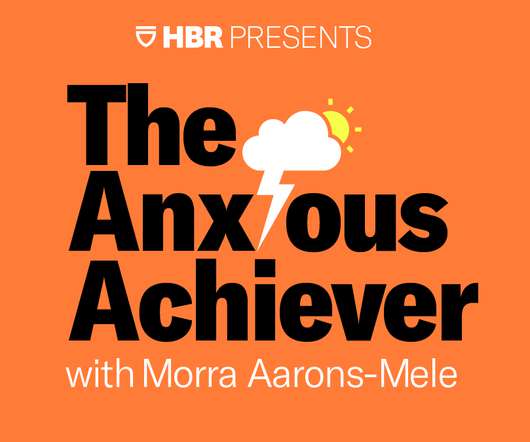Breaking Through | A New Frontier of Technology and Innovation
N2Growth Blog
APRIL 29, 2021
Innovation is doing new things.” – Theodore Levitt. Recently AI and blockchain have emerged as critical technologies in epidemic management by tracking the spread of COVID-19, managing insurance payments, maintaining medical supply chains, donation tracking pathways, and the vaccination roll-out. Creativity is thinking up new things.



































Let's personalize your content